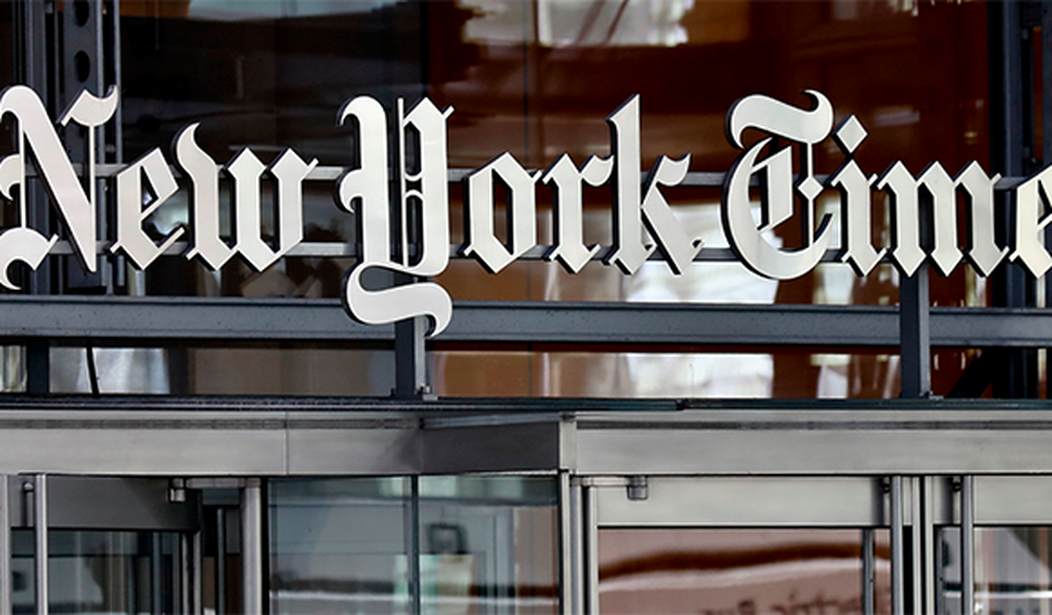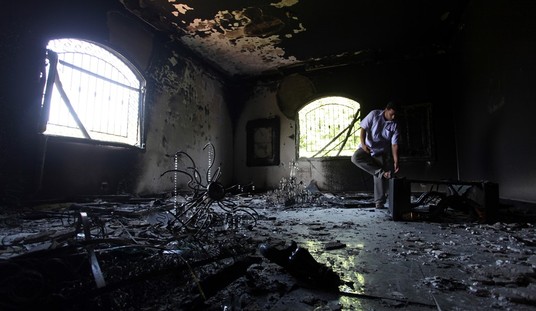That six-letter word that shall not be spoken is causing trouble again.
One word. One simple, two-syllable word. It not only can’t be spoken in anger or jokingly but it can’t even be alluded to in the discussion. You can’t talk about using it “in context.” You can’t use it as an example of anything. For all intents and purposes, the word has been canceled.
I suppose this means that we should boycott Webster’s Dictionary. They include the word as being part of the English language and are thus guilty of heresy and their executives should be burned at the stake.
The controversy over the use of the word that shall not be spoken intensified when the New York Times fired star reporter Don McNeil, who had worked there for 40 years, for using the word that shall not be spoken during a conversation with some kids he was chaperoning in Peru.
The hysteria generated by the use of the word that shall not be spoken was beyond belief. More than 150 Times staffers signed a letter demanding McNeil be fired. The context of the use of the word that shall not be spoken made the reaction to it frightening.
This is the explanation McNeil gave for his use of the word that shall not be spoken.
One of the students asked McNeil if one of her friends should have been disciplined for making a video a few years ago that featured the use of the “n” word.
“To understand what was in the video, I asked if she had called someone else the slur or whether she was rapping or quoting a book title. In asking the question, I used the slur itself,” McNeil explained.
Clearly, McNeil’s intent was not to insult or injure but rather to gather information. But Baquet dismissed McNeil’s explanation as irrelevant.
Now, another reporter has been caught in an even more ludicrous trap. A Slate podcast host, Mike Pesca, was apparently discussing McNeil’s situation with colleagues on a Slack channel and defended McNeil — as any rational person would do — and ended up getting suspended indefinitely for it.
In that forum, Pesca and his colleagues discussed McNeil’s exit from the Times after it was revealed that he had used the n-word while leading an educational trip in 2019. McNeil, while offering an apology, explained that his use of the word came during a discussion about the word itself and was not meant as a pejorative.
According to Defector, the conversation explored whether McNeil’s use of the n-word was justified, as well as whether White people are allowed to say the word in certain contexts.
Pesca suggested that McNeil, the star Times science reporter covering the coronavirus outbreak, should not have been fired, writing: “McNeil’s journalism made the Times more valuable to more Americans than having ousted him in 2019 would have.”
Defending McNeil might be a career-ending mistake for Pesca. He never used the word that shall not be spoken. He was discussing the circumstances surrounding its use by someone else. The reaction of his colleagues to Pesca’s defending McNeil is terrifying.
Slate employees told Defector they felt “outraged” toward Pesca’s comments, with one of them saying, “I cannot believe I had to watch him enthusiastically provoke people on whether or not it is appropriate to use a racist slur.”
Another told Defector, “I don’t want to be in a workplace where people feel emboldened to have this argument. People’s humanity is not an intellectual debate.”
Note: There is no allowance for context. Pesca wasn’t defending the use of the word as a slur. But that doesn’t matter to the woke generation who believe that any utterance by a white person of the word that shall not be spoken in any context, under any circumstances, for any reason whatsoever, is cause to be canceled.
I’m sure Kim Jong-un’s North Korea has similar strictures on some words. But this is America, isn’t it? You know, free speech and all that.
You’re dreaming if you think people who think like Slate employees give a fig about anyone else’s “freedom” but their own.










Join the conversation as a VIP Member